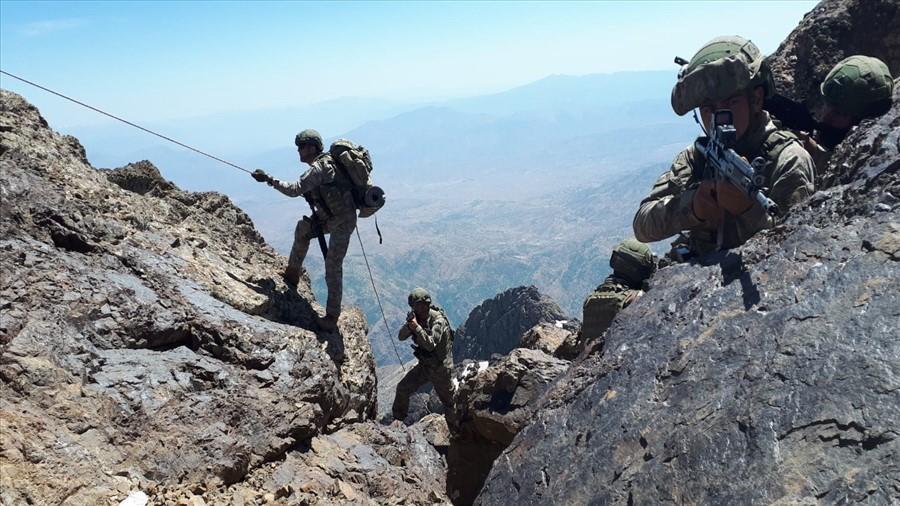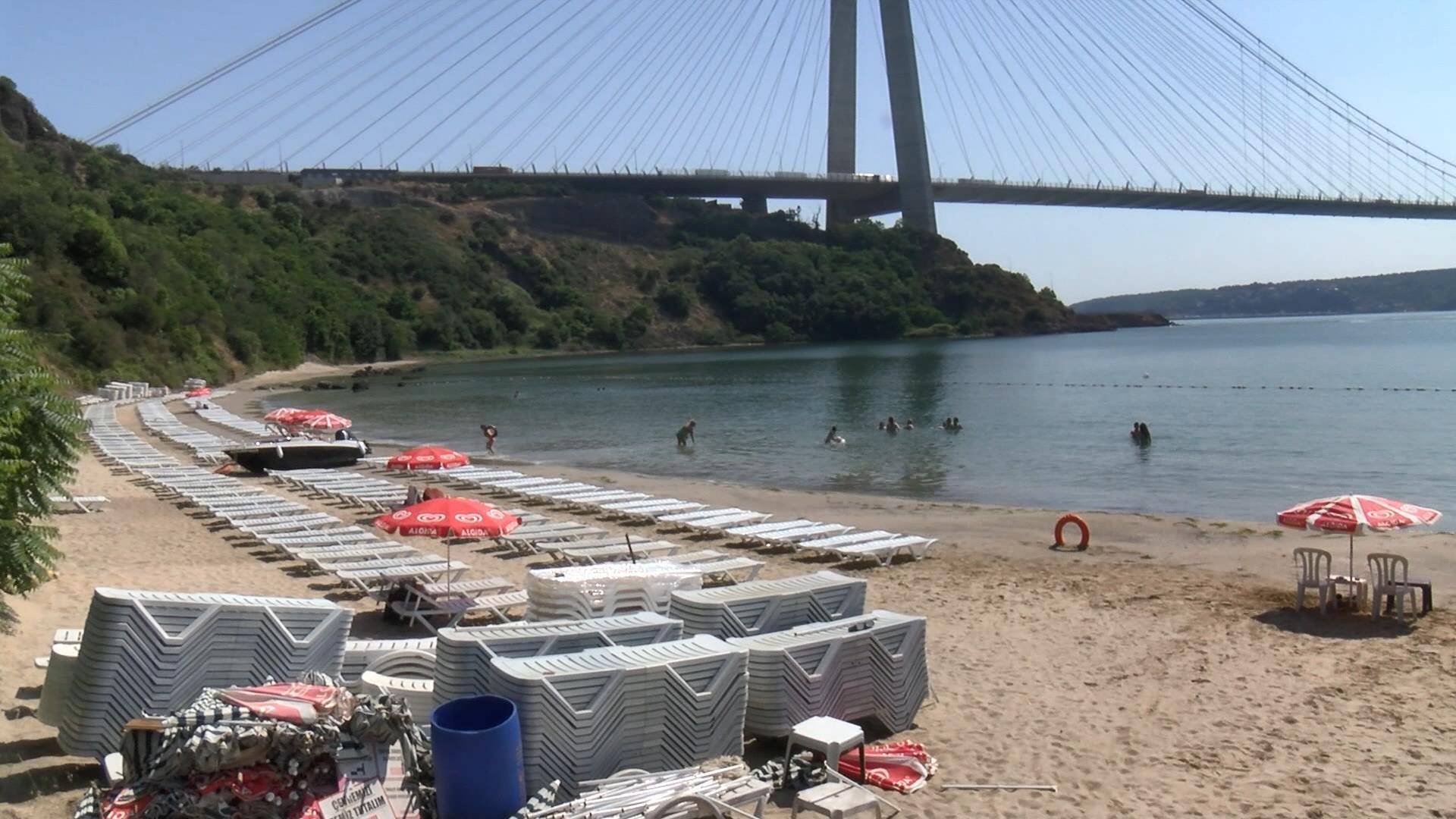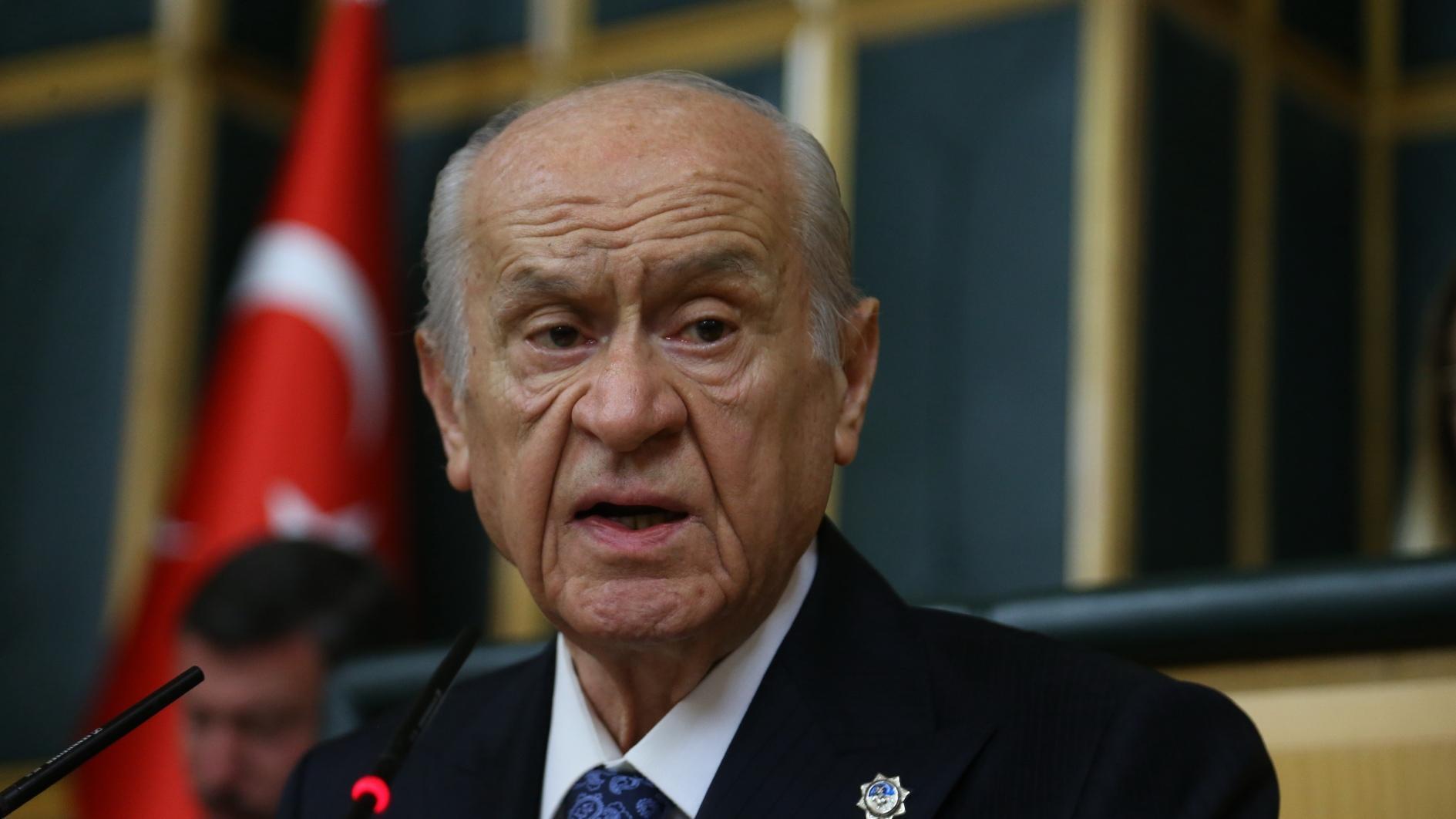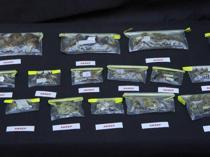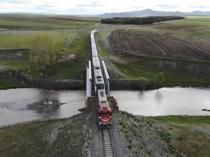No bright prospects for Turkey’s security
ALİ NİHAT ÖZCAN

AA photo
Turkey will continue facing the outlawed Kurdistan Workers’ Party (PKK) problem along with global security issues in 2012. To understand possible developments, one has to look first at Turkey’s domestic political environment and the government’s strategies; second to the nature of the problem and the PKK’s strategies; and last to international developments.Despite Prime Minister Recep Tayyip Erdoğan’s leadership, oncoming presidential elections along with the lack of coordination, eclectic strategies and challenges of the struggle may hinder the government from making radical decisions.
Since the PKK’s jailed leader Abdullah Öcalan was isolated and the Kurdish Communities Union (KCK) operations have obstructed its control over people, the PKK is likely to establish its strategy of exiting from chaos upon “more action.” It will likely try to force the government to increase quid pro quo agreements. It would not be surprising if the PKK maintains implementing its hybrid strategy of guerilla, terror and street movements next spring.
While the Arab Spring and events in Syria provide the PKK with a psychological advantage, disarray in Iraq, Iran and other developments will strengthen its position.
Resuming the collapsed PKK-government negotiations and building confidence will depend on compensation for the efforts.
The race to obtain popular support might trigger clashes between the PKK and the Gülen movement, which changes the character of the PKK problem. As a result, the struggle between the government and the PKK will likely continue on the “bargaining bar.”
Despite everything, the government will survive the hardships for its ability to “manage” problems.


